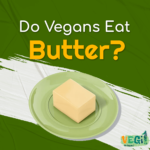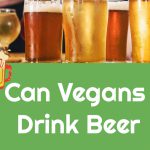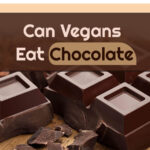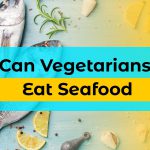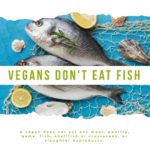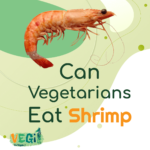Can Vegans Eat Yeast | What vegetarians should know
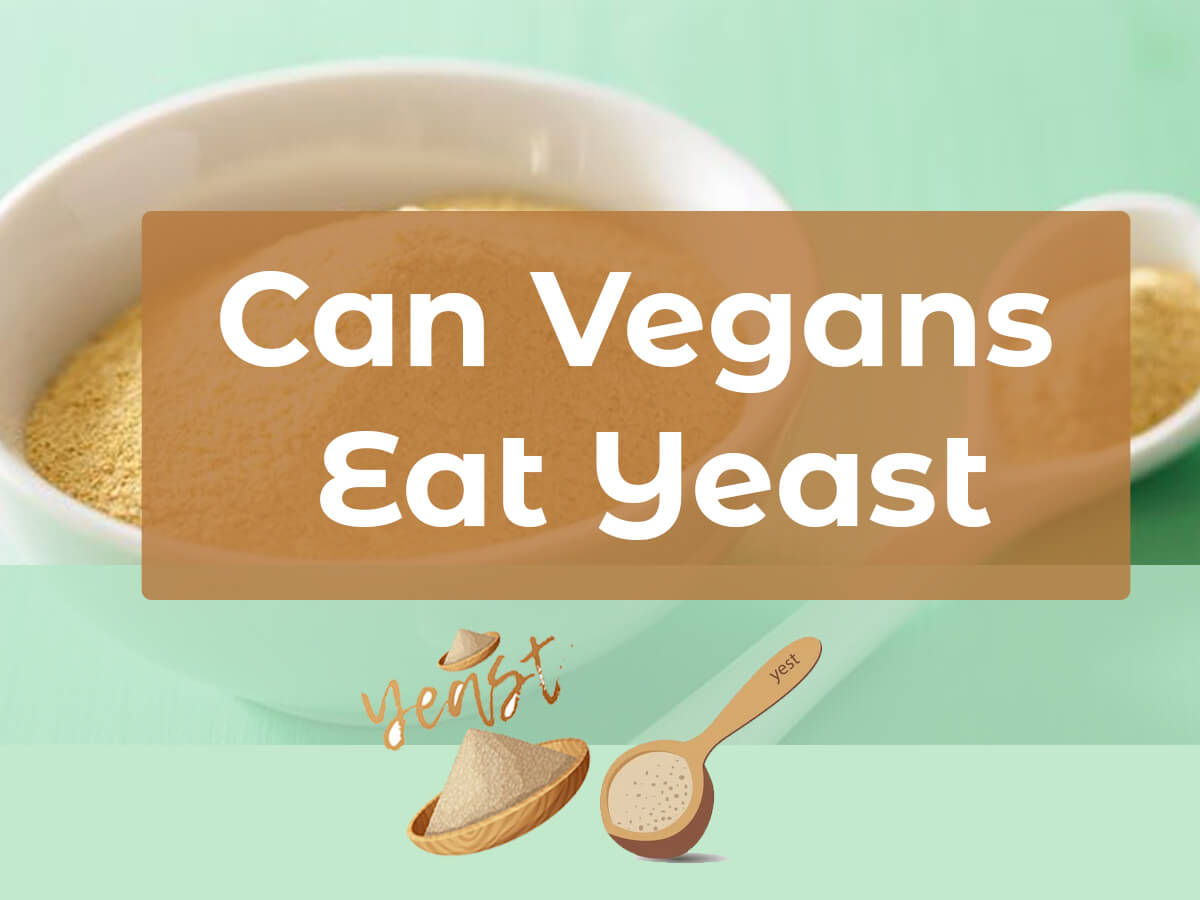
Have you ever wondered whether yeast is OK for vegan cooking? Because I’m a vegan and an environmental activist, I’ve had to think about my nutrition.
In this blog post, I will discuss Can Vegans Eat Yeast? I will also talk about the pros and cons of using yeast and its alternatives, so please stay with me until the end of this article to find out if yeast is vegan-friendly or not.
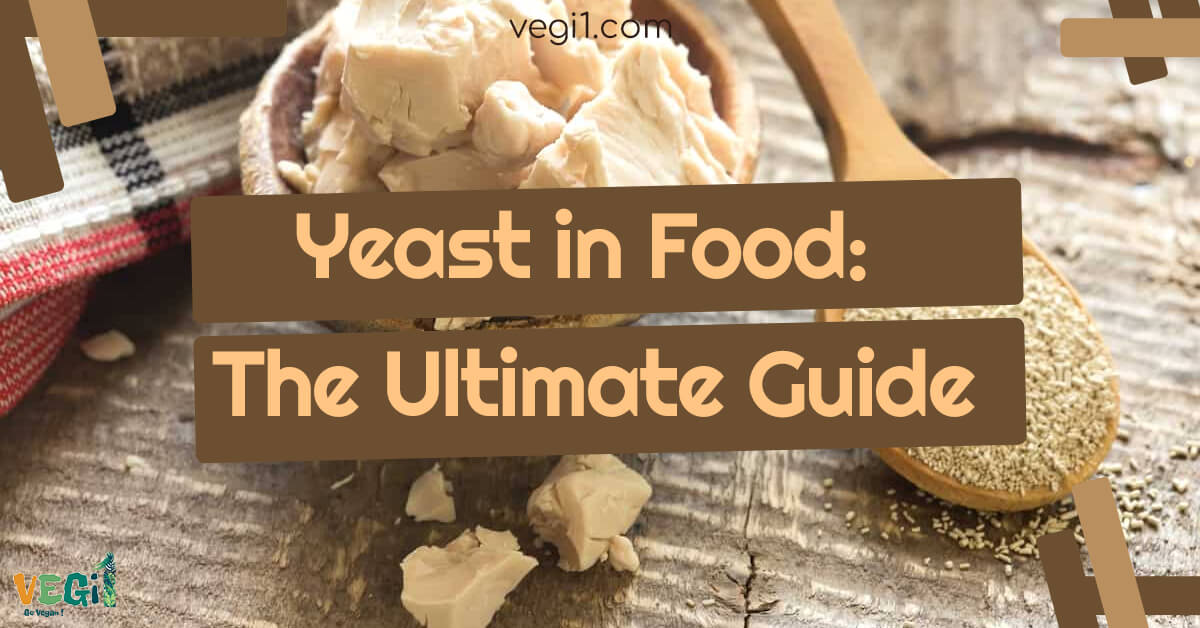
In this article you will read:
What is yeast
Yeast is a single-celled fungus that develops in soil and on plant surfaces naturally.
Yeast is usually used to help bread dough rise or ferment beer. It is produced by feeding a mixture of sugar and other nutrients in a warm and controlled environment. When yeast feeds on sugar, it produces carbon dioxide gas and alcohol, which causes the dough or liquid to rise.
Yeast may be used for the following in the food industry:
- Helping to ferment foods such as bread, beer and wine
- Flavoring food or improving its texture
- Cheese production
- The study, drug production, or medical experiments
- Yeast is also rich in B vitamins and sometimes enriched with other vitamins and nutrients.
Physical characteristics of yeast
Yeasts are eukaryotic creatures, much like fungi. Their diameter is around 0.075 mm (0.003 inch) and they can be spherical, egg-shaped, filamentous, or any combination of these shapes. The majority of yeasts procreate asexually by budding, in which a little bump emerges from a parent cell, grows, develops, and separates. A few yeasts divide into two equal cells by a process called fission. A genus of defective wild yeasts known as Torula never forms sexual spores.
Yeast Uses
Yeast is used mostly in baking and the manufacturing of alcoholic drinks. They have been utilized in this manner from ancient times; there is evidence that ancient Egyptians employed yeast in breadmaking, and we have been making fermented beverages such as beer and wine for millennia.
Which foods contained yeast?
I love to bake and cook, as I’ve already indicated, so I’m always interested in finding out more about the ingredients I’m eating.
Numerous foods, such as bread, beer, and wine, include yeast.
It could, nonetheless, also be discovered in some surprising locations.
The following foods contain yeast and it has been used in their production:
The majority of bread recipes call for bread yeast, which is essential for the bread’s structure and rise.
-
Wine and beer
Yeast is used in the fermentation process for beer and wine, giving these beverages their characteristic flavors.
-
Nutritional yeast
Nutritional yeast is a deactivated yeast often used as a cheese substitute in vegan dishes.
-
Soy sauce
Yeast extract is used as a seasoning in certain kinds of soy.
Some brands of soy sauce may contain yeast extract as a flavoring ingredient.
-
Vegemite and Marmite
These spreads are made from yeast extract and are a popular breakfast item in some countries.
-
A few chips and crackers
Yeast is sometimes used as a flavoring or leavening ingredient in chips and crackers.
Baker’s yeast and brewer’s yeast are the two main yeast forms.
-
Yeast from bakers
When creating bread, baker’s yeast is needed. It is usually available in a compressed, granular, or dry block form.
-
Yeast from brewers
However, the production of beer and other alcoholic drinks requires the use of brewer’s yeast.
Saccharomyces cerevisiae is the strain of yeast used in the majority of commercial yeast manufacturing. It is safe for human consumption and is widely used in the food sector.
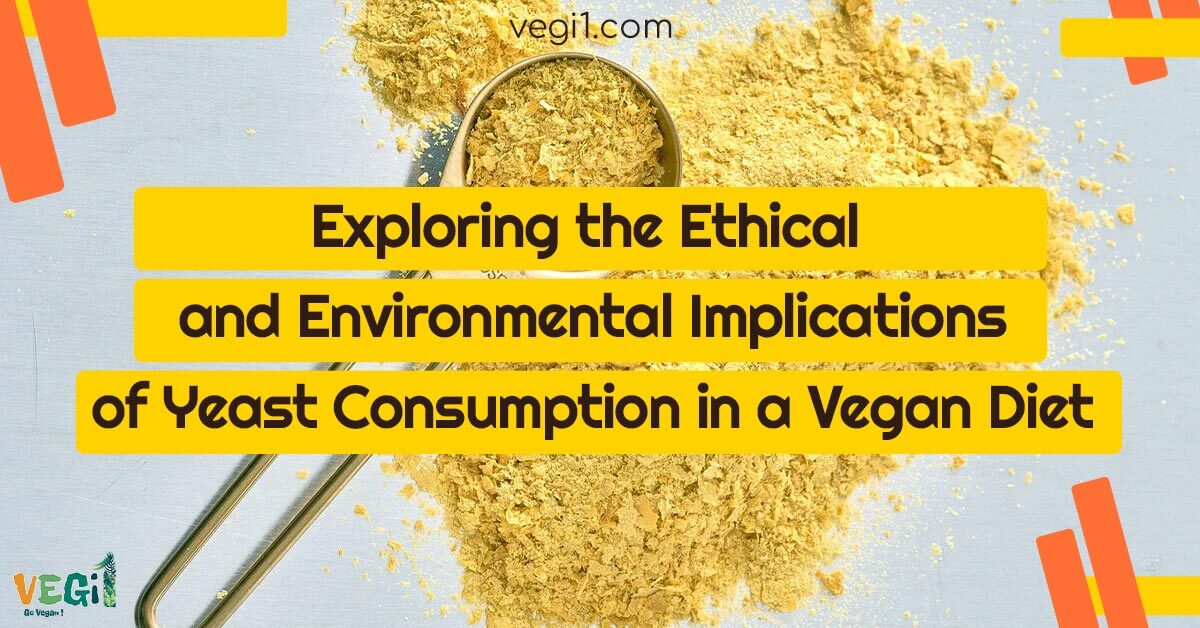
Health effects of yeast consumption
The following four yeast side effects are possible:
Could Have Unpleasant Side Effects on the Digestive System Introduced too soon, it might cause migraines or headaches.
Could Lead to Flushing of the Face
Bowel inflammation and yeast intolerance
The environmental impact of yeast production & consumption
Both beneficial and harmful environmental effects can result from the production and use of yeast.
Compared to other protein sources such as meat or dairy, yeast requires less land, water, and energy for production.
Also, yeast production requires significant energy, especially in the drying and packaging stages, which can increase carbon dioxide and methane gas.
These ramifications raise the issue, “Is yeast suitable for vegans?”
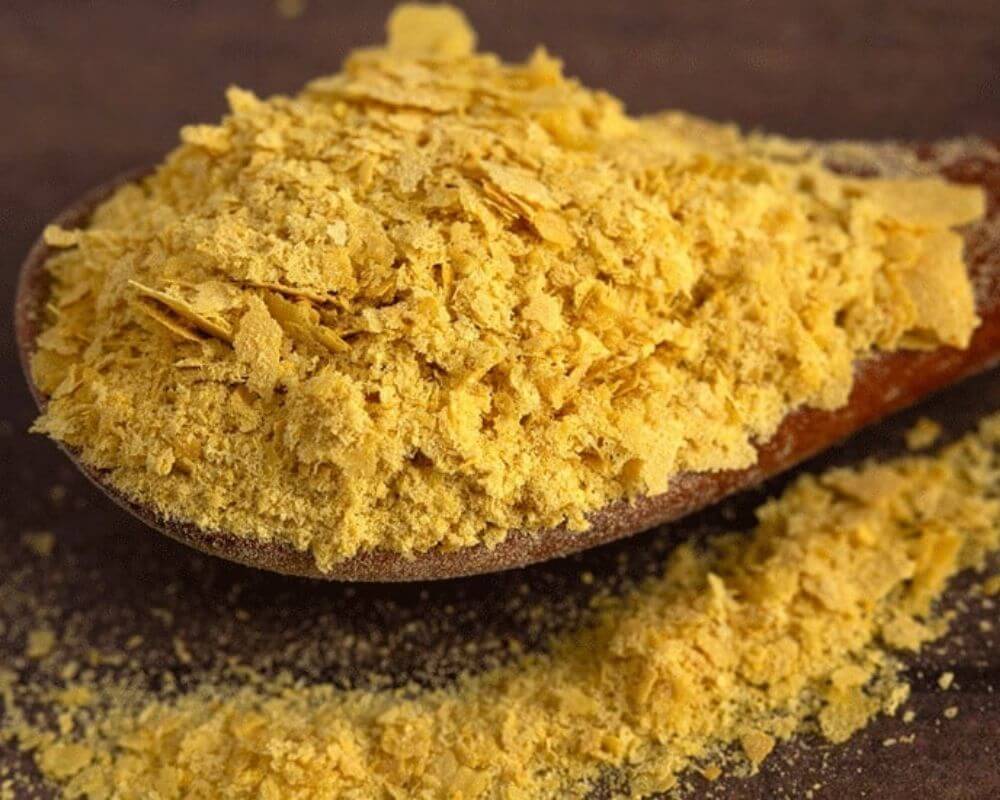
Veganism and Yeast
One of the concerns that I and other vegans have is that yeast is often grown using materials derived from animal sources such as casein (a protein found in milk) or fish emulsion.
This means that even if yeast is not an animal product directly, animal derivatives are used in its production process.
Yeasts are often used in processed foods, and eating too many processed products can harm our health, so I prefer not to buy processed products to maintain my health, or if I want to make bread and pastries at home, I use vegan-friendly nutritious yeast.
When shopping for yeast-based products, look for items with vegan or vegetarian-certified labels.
Some companies produce yeast without using animal products and derivatives. You can also use natural alternatives instead of commercial yeast.
Keep reading; I will introduce you to some of the best yeast substitutes.
Thankfully, there are many of vegan-friendly baking substitutes for yeast, including sourdough starter, baking powder, and baking soda. Without any possible non-vegan components, these ingredients can contribute to the creation of tasty baked goods.
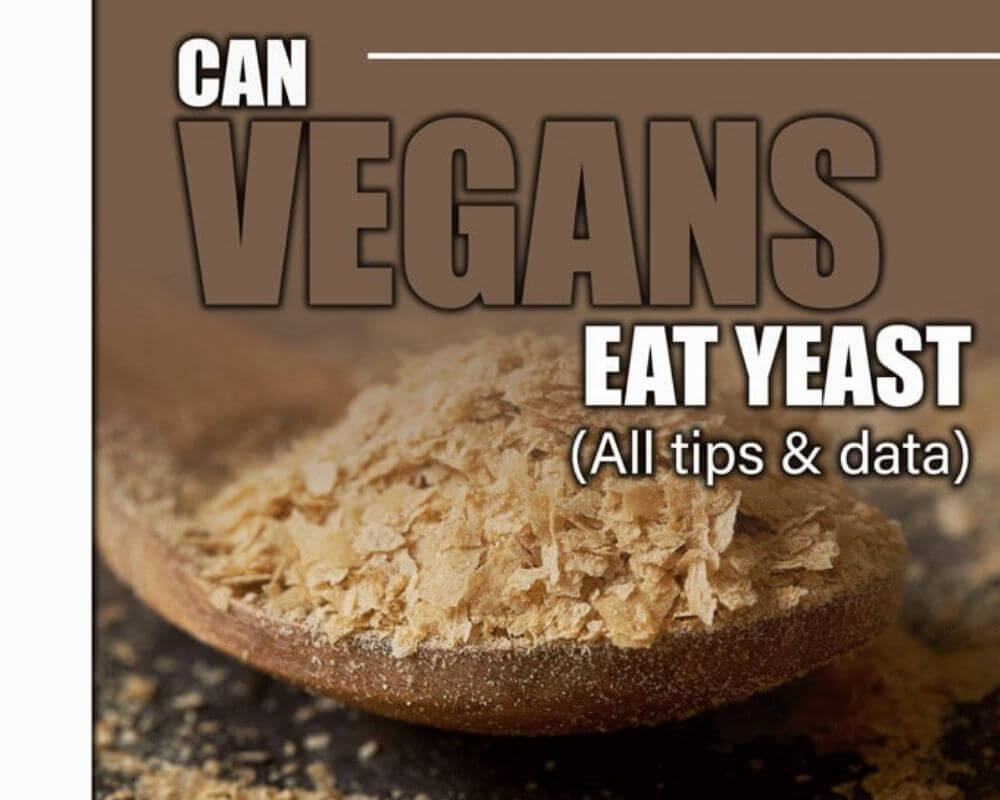
Yeast substitutes for vegan baking & cooking
There are several substitutes for yeast that can work well in vegan recipes. Below are some yeast substitutes and how to use them in cooking:
Here are some great substitutes for yeast:
-
Baking powder
Baking powder combines baking soda, cream of tartar, and cornstarch.
Use 1 teaspoon of baking powder per cup of flour in your bread and cookie recipes.
However, baking powder may impart a slightly different flavor and texture than yeast.
-
Baking soda combined with an acid (vinegar or lemon juice)
Baking soda can also be used as a leavening agent in yeast recipes.
Carbon dioxide, the same gas that yeast creates, is created when baking soda is mixed with an acid, such as vinegar or lemon juice. To achieve this, take the same amount of baking soda and acid as the amount of yeast specified in the recipe (for example, if the recipe asks for two teaspoons of yeast, take one teaspoon of acid and one teaspoon of acid).
-
Sourdough starter
Sourdough starter is a mixture of flour and water fermented with natural yeasts and bacteria.
It can be used instead of commercial yeast in other baked goods. Please note that sourdough starter requires more time and effort to prepare and maintain compared to commercial yeast.
Using a sourdough starter, you may produce your yeast. One package of active yeast or two and a quarter teaspoon of quick starter equals one cup of starter.
-
Powder for double-action baking
Alternatively, you can replace the yeast with an equivalent amount of double-acting baking powder. Due to its twofold acting properties, it releases carbon dioxide twice: once in the first addition to the recipe’s liquid and again during baking.
-
Self-rising flour
Self-rising flour is a type of flour that has been pre-mixed with baking powder and salt. Use 1 cup of self-rising flour for every cup in your recipe. Although these yeast substitutes can be adequate, my experience showed that they might only work in some recipes or produce the same flavor and texture as yeast.
I will introduce the best yeast substitute for each recipe in the yeast-free recipes page.
Can Vegans Eat Bread? The Ultimate Guide to Vegan Bread
Nutritional yeast How to make it
Turn up the heat to medium-high in a medium-to-large skillet. Make sure the skillet is big enough to cook the instant yeast granules equally on both sides. You can choose a nonstick pan, coated cast iron, or stainless-steel pan. Cast iron pans without a coating should not be used as they usually require oil to keep them from sticking.
In the skillet, add your instant yeast. Evenly distribute the yeast across the hot pan. If the pan is big enough to guarantee that every granule receives the same amount of heat exposure, you can use any quantity of instant yeast.
The majority of active dry yeast packets have a gram or two in each, therefore, to produce 1/4 cup of nutritional yeast, use 6 or 7 active instant yeast packets in a measuring cup until you get 32 grams in total. Next, evenly distribute the yeast around the heating pan.
On medium to high heat, toast the yeast granules until they are uniformly toasted. As the yeast granules heat up, stir them around in the pan with a spoon or spatula. Ensure that every granule receives the same amount of heat exposure by scraping the pan’s sides. The yeast may need to be deactivated for two to five minutes.
When every granule has taken on a medium-toned golden-brown hue, the yeast is finished.
After allowing it to cool, move it to an airtight container. Take the pan off the burner and let the granules to cool. After it cools down to room temperature, place the yeast grains in a zipper bag or an airtight plastic container.
The bag or container should be kept somewhere dry and cold.
Eat it at your own risk because there’s no way to tell if the yeast has completely killed!
Benefits of vegan nutritional yeast
Nutritional yeast has several health advantages that make it very beneficial for you. These benefits include increasing energy, preventing cell damage, decreasing cholesterol, and more. Additionally, it’s a flavorful, nutty spice that goes great with enchiladas and tofu scramble.
“Nutritional yeast is a healthy food for everyone, but it’s especially good for people on a plant-based diet,” explains registered dietitian and sustainability specialist Christina Manian, RDN. Its B vitamins—thiamin, riboflavin, niacin, B6, folate, and B12—are mostly to blame for this. All of these will support the body’s ideal energy metabolism.
“The vitamin B12 found in nutritional yeast is especially noteworthy as B12 can be nearly impossible to obtain otherwise from food on a vegan diet,” Manian states, adding that this mineral is moreover “super important for DNA formation and nerve cell health.”
This subtle component is a good source of premium protein. Five grams of protein are contained in just two tablespoons of nutritional yeast (one egg has six grams!). Energy and endurance are only two of the vital functions that protein plays in general health.
According to Manian, the fiber in nutritional yeast, namely beta-glucan, binds to cholesterol in the small intestine and aids in its removal from the body rather than allowing it to be absorbed into the circulation and perhaps causing heart disease in the future.
Top vegan-friendly yeast Brands
Bob’s Red Mill Nutritional Yeast: I adore using this fantastic brand of nutritional yeast in my cooking. It’s ideal for giving foods without cheese a cheesy, nutty taste. Its non-GMO and gluten-free status also appeals to me as it makes it suitable for a larger variety of individuals with dietary requirements.
Bragg Nutritional Yeast Seasoning: Another fantastic brand I adore using in my cooking is Bragg. For a savory, delectable taste, sprinkle their nutritional yeast seasoning over salads, roasted veggies, and popcorn. I also like that it’s non-GMO and organic.
Anthony’s Goods Nutritional Yeast Flakes: I recently came across Anthony’s Goods, and I enjoy their nutritious yeast flakes. They work well as a topping for roasted veggies or as a way to add some cheese taste to vegan mac & cheese. Moreover, their nutritional yeast is gluten-free, vegan, and non-GMO.
Now Foods Nutritional Yeast Flakes: I also prefer to use Now Foods, which is another fantastic brand of nutritional yeast. their flakes are perfect for adding a savory, umami flavor to vegetarian dishes. Additionally, they include B vitamins, which is a fantastic supplement for vegans. All things considered, as a vegan, nutritional yeast is a need in my cooking. It tastes well, is adaptable, and gives food a lot of flavors.
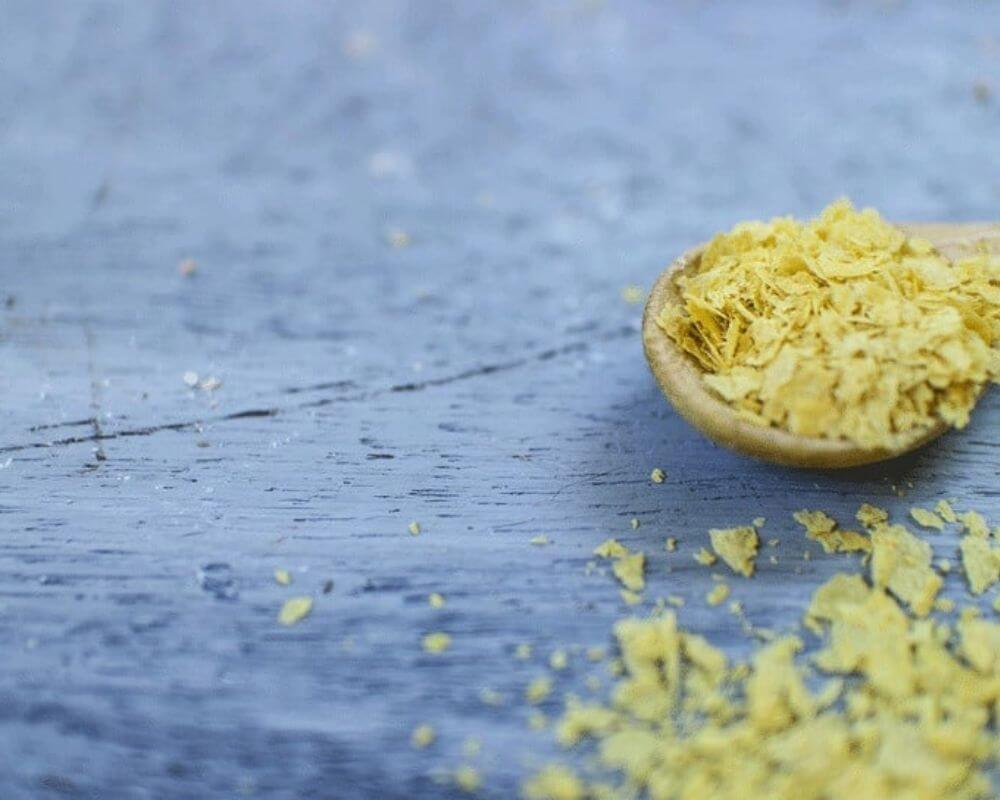
To conclude
Yeast is generally considered vegetarian-friendly. Although yeast is not an animal product, its production can be problematic as it may involve using animal-derived nutrients and releasing greenhouse gases and water pollution.
However, vegan-friendly yeast products are available that use only plant-based nutrients.
So be mindful of the environmental impact and choose vegan-friendly yeast products.
If you are a vegan like me and value nature and animals, Nutritional yeast is a high-nutritional-value vegan meal with several health advantages.It allows you to simply add protein, vitamins, minerals, and antioxidants to your meals. It’s widely used as a vegan cheese sauce flavoring as well as a soup and salad topper.
Thus, consider the effects on the environment and select vegan-friendly yeast products.


